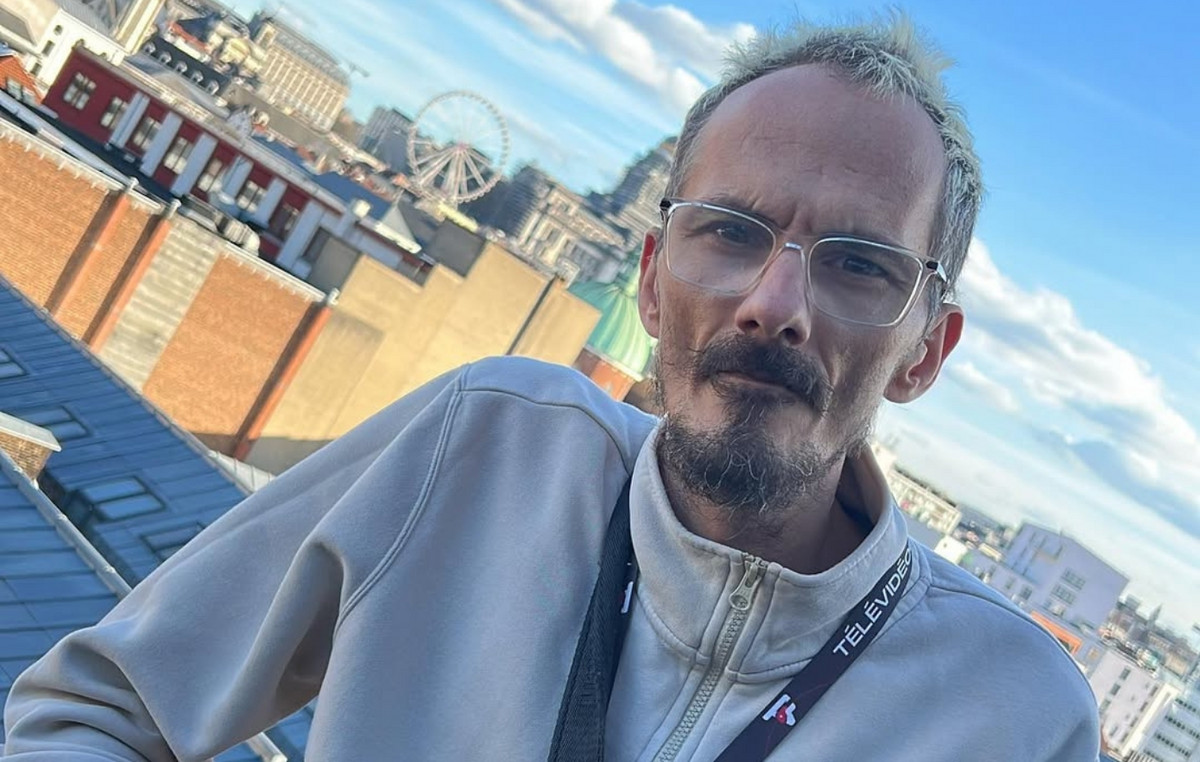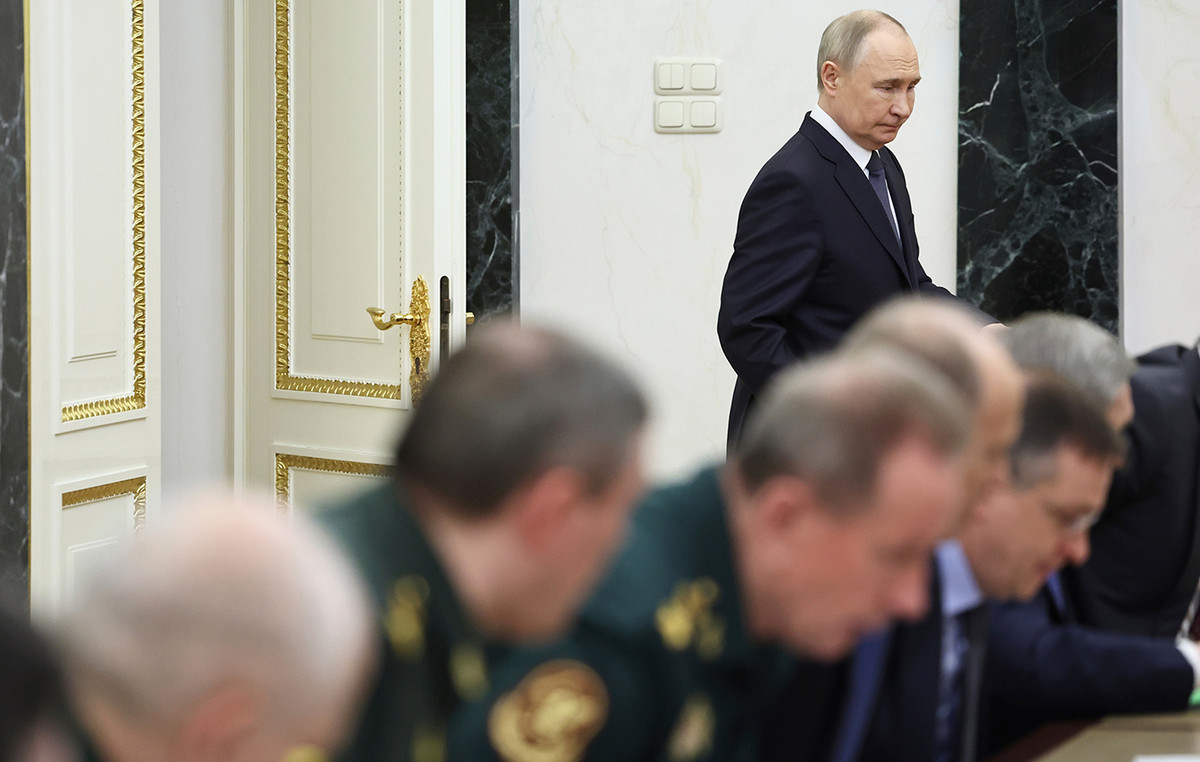Two-thirds of public and private sector chief economists surveyed by the World Economic Forum (WEF) expect a global recession in 2023, the Davos organizer said on Monday, as business and government leaders gathered for their annual meeting. .
Around 18% thought a global recession was “extremely likely” – more than double the previous survey conducted in September 2022. Only a third of respondents thought it unlikely this year.
“The current high inflation, low growth, high debt and high fragmentation environment reduce the incentives for the investments needed to return to growth and raise living standards for the world’s most vulnerable,” said Saadia Zahidi, managing director of the WEF , in a statement accompanying the survey results.
The organization’s survey was based on 22 responses from a group of senior economists from international agencies, including the International Monetary Fund, investment banks, multinationals and reinsurance groups.
The survey comes after the World Bank last week lowered its 2023 growth forecasts to levels close to recession in many countries, as the impact of central bank rate hikes intensifies, Russia’s war on Ukraine continues and the main economic engines of the world fail.
Definitions of what constitutes a recession differ around the world, but generally include the prospect of shrinking economies, possibly with high inflation in a “stagflation” scenario.
On inflation, the WEF survey noted large regional variations: the proportion expecting high inflation in 2023 ranged from just 5% for China to 57% for Europe, where the impact of last year’s rise in energy prices has spread for the economy in general.
Most economists see more tightening of monetary policy in Europe and the US (59% and 55% respectively), with policymakers caught between the risks of tightening too much or too little.
“I can’t keep up with the rhythm”
While a global slowdown risks hurting investment in areas such as education and health, fighting poverty and the climate, some see it reducing inflation and forcing the US Federal Reserve and others to hold back with further rate hikes.
“I want the outlook to become a little bit dimmer for Fed rates to start to come down and all the liquidity sucking by global central banks to slow down,” Sumant Sinha, president and CEO of Indian clean energy group ReNew Power, told Reuters on the sidelines of the Davos meeting.
“This will benefit not just India but globally,” he said, adding that the current round of rate hikes is making it more expensive for clean energy companies to finance their capital-intensive projects.
Others said that while wealthier people would likely escape the worst effects of the recession due to high levels of inflation, it would hit lower middle-income groups the hardest.
“If you only have your time and energy to generate your income, you are being devastated right now because your wages just aren’t keeping pace,” said Anthony Scaramucci, founder of US investment firm SkyBridge Capital.
Other key findings from the WEF survey included:
- Nine in 10 respondents expect weak demand and high borrowing costs to weigh on businesses, with over 60% also pointing to higher input costs.
- These challenges are expected to drive multinational companies to cut costs, from reducing operating expenses to laying off workers.
- However, supply chain disruptions are not expected to cause a significant drag on business activity in 2023
- The cost of living crisis may also be peaking, with a majority (68%) expecting it to become less severe by the end of 2023.
Source: CNN Brasil
A journalist with over 7 years of experience in the news industry, currently working at World Stock Market as an author for the Entertainment section and also contributing to the Economics or finance section on a part-time basis. Has a passion for Entertainment and fashion topics, and has put in a lot of research and effort to provide accurate information to readers.







